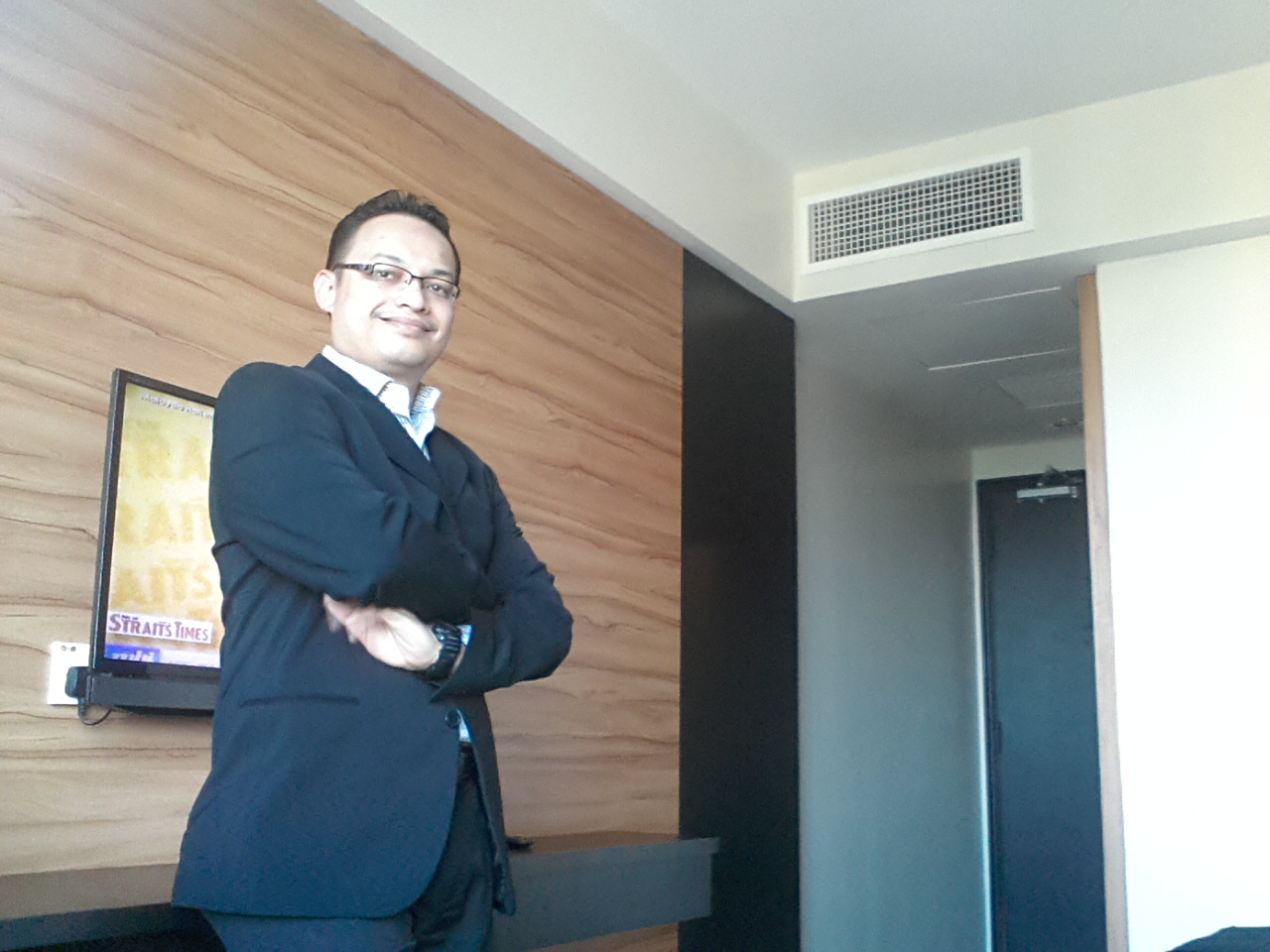
Today marked an important academic milestone for my PhD student, Izwan, who is pursuing his doctorate in engineering education at UTM. His pre-viva session focused on his thesis, “Engineering Identity Development Framework for Engineering Students in Malaysia.”
Why a Pre-Viva Matters
A pre-viva is a crucial rehearsal before the actual viva voce (oral defense). It allows students to present their research to a panel of academics and receive constructive feedback on their arguments, methodology, and presentation style. The process helps identify gaps, anticipate potential questions from examiners, and refine the overall flow of the thesis. In short, the pre-viva strengthens both confidence and readiness.
At MJIIT UTM, the pre-viva is organized through the ikohza system, where research groups serve as nurturing platforms for postgraduate students. This system not only prepares students academically but also provides them with a supportive community of peers and mentors. For Izwan, presenting within this framework gave him valuable input from multiple perspectives, a reflection of the collaborative spirit embedded in UTM’s research culture.
I would like to sincerely thank the panel members: Dr. Aziatul Niza Sadikin, Dr. Tengku Nur Zulaikha Tengku Busu, and the Chairman of the session, Dr. Aishah Rosli, for their time, insights, and constructive feedback. Their thoughtful comments will undoubtedly help strengthen Izwan’s thesis as he prepares for the final viva.
Why Engineering Identity Development Matters
Izwan’s work on an engineering identity development framework carries deep significance in the Malaysian context. As the nation pushes forward with IR4.0, sustainability, and global competitiveness, engineering graduates are expected not only to have technical expertise but also a strong sense of professional identity. Developing this identity ensures that students see themselves as capable engineers, ready to contribute to society, industry, and innovation. In Malaysia, where talent development is critical to national growth, this framework could help universities better shape curricula, mentoring, and experiential learning for future-ready engineers.
As the saying goes, “Sharpening the axe does not delay the work.” The pre-viva serves exactly this purpose: it is the sharpening process before the real test. By taking the time to prepare, receive feedback, and refine his arguments, Izwan is ensuring that when the final viva comes, he will be ready to strike with clarity and confidence. Far from being a delay, this step is an investment in excellence and a reminder that careful preparation is what ultimately leads to success.
Side Notes from the Day
While Izwan’s pre-viva was the highlight, my day didn’t end there. Earlier, 1 hour after the pre-viva commences, I drove to KPT Putrajaya for a PRGS pitching session, just one team today, unlike the ten UTM teams yesterday. Alhamdulillah, it went smoothly. Later, I chaired a Task Force online meeting to coordinate preparations for the Jabatan Audit Negara (JAN) auditors’ visit on 9–10 September. These coordination meetings are essential to ensure smooth audits, especially given the complexity of research management.
In the evening, I turned my attention to reviewing the NALI Award submissions for the second time. I deliberately chose to re-examine the projects carefully because, in jurying, it is vital to remain calm, objective, and fair. Rushing through evaluations risks overlooking important details, while a measured approach ensures every project receives due recognition.
Today’s journey was a reminder of how academic life intertwines mentorship, research governance, and institutional responsibilities. But the highlight remains Izwan’s pre-viva, a step closer to contributing new knowledge that can transform how we prepare engineers in Malaysia.
#20242025 Day 065
#Wednesday

